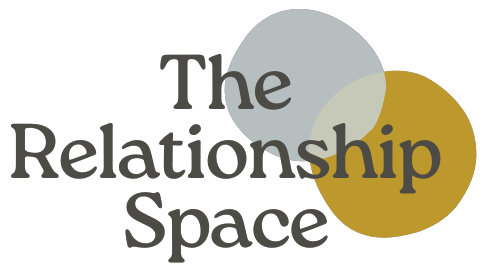Is there a fast track to better relationships?
Hello friends,
It seems like every time I open Microsoft Word there is a new pop-up for how I can use their AI features. It is really tempting for me to use AI to write these newsletters. It takes days to write, revise, and format these pieces and I am sure AI could do a decent, if not better version in a fraction of the time. I am choosing to continue this writing practice because it is a “full body” workout for the brain. I pick a topic, research it, synthesize the information, and then write. I deepen my understanding of a topic and figure out how to share the information in a digestible way. This in turn makes me a better coach.
This is not a newsletter about the pitfalls of AI and why not use it. This letter is a reality check about the amount of tedious hard work needed to get better at something that matters to you. How does this connect to a better relationship?
The #1 reason people reach out for relationship help
Folks want to communicate better so they can stop fighting with their partner. They want to feel heard and understood and hope there is a formula to make that happen. While I don’t know of a formula (yet), there are skills and exercises to practice to improve communication. Unfortunately, it means learning or refining a skills which take practice and lots of it.
No Duh… it takes work
I’m not telling you anything you didn’t already know. You are likely skeptical of social media posts or articles claiming “5 Steps to Rekindle the Romance.” Yet people routinely underestimate the time, effort and work that goes into improving relationships. That makes sense since…
As adults, we don’t learn many new skills. We are busy, lack the motivation, or patience for it. We want to feel capable and being a beginner can be a hit to the ego.
It’s actually a double whammy. We need to both unlearn old habits and learn new skills. We have learned some odd relational skills growing up. We adapt and make do with the skills we have, unfortunately many of those habits make things worse. For example, if you tend to criticize people when you feel judged or embarrassed, your practice could be quieting that criticism and asking more curious questions.
Are we doomed?
No way! Luckily any amount of skill building will be helpful immediately. If it feels daunting to learn a new skill or commit to really working on a relationship here are few things that may help.
Have a strong reason or goal to motivate. Why do you want to work on your relationship with this person? What makes this relationship worth the effort? For me, I continue to write my newsletter because I deeply believe in having free resources for people and it helps me be an effective and skilled coach to better serve my clients.
See and acknowledge the incremental change. Molly Caro May writes about 5% shifts. How are you making a 5% change towards your goal? Can you recognize when you take some deep breaths and reassure yourself when you are getting activated in an argument? That might be a 5% difference, even if you still shut down or raise your voice. You will miss all your growth if you are looking for 100% change.
Watch out for shame, doubt and negative self-talk. Pay attention to what you keep telling yourself. Is it, “people don’t change” or “I don’t follow through on things”? It’s likely you will have one or two go-to phrases that play on repeat in your head. They really zap motivation. Christine Eartheart of The Center for Thriving Relationships often reminds people that what they nurture grows. What if you added some messages of encouragement to your mental chatter? “I am a lifelong learner who cares about how I treat the people I love.”
As always, I am here if you want to practice these skills together.
With loving support,
Mallory
Recommendations:
Podcast on friends letting you down: Where Should We Begin with Esther Perel
Watch: Couples Therapy on Showtime. It is such a treat to watch Clinical Psychologist & Psychoanalyst Dr. Orna Guralnik work with these brave couples. Here are some clips.
